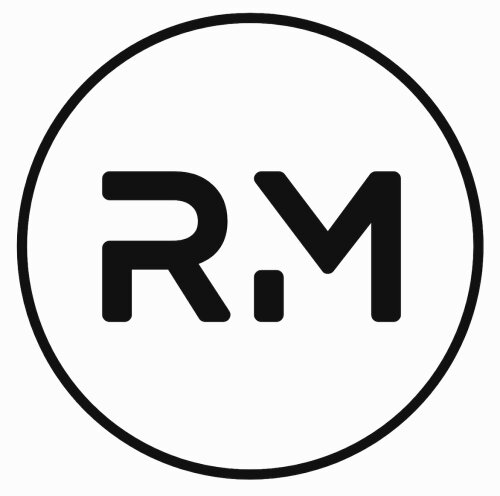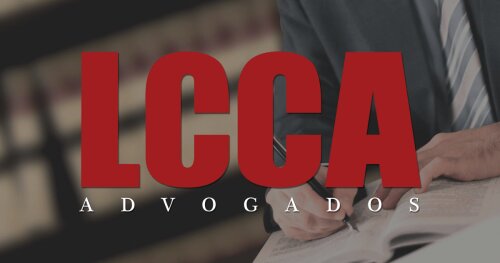Best Child Abuse Lawyers in Ponta Delgada
Share your needs with us, get contacted by law firms.
Free. Takes 2 min.
Free Guide to Hiring a Family Lawyer
List of the best lawyers in Ponta Delgada, Portugal
About Child Abuse Law in Ponta Delgada, Portugal
Child abuse is a serious concern in Ponta Delgada, as it is throughout Portugal. The Portuguese legal system offers comprehensive protection for children against various forms of abuse, including physical, emotional, and sexual abuse, as well as neglect. The welfare of the child is paramount, and authorities such as social workers, police, and the courts work collaboratively to safeguard children. The island’s local government and agencies in Ponta Delgada operate within the national legal framework, enforcing child protection laws and responding quickly to reports of abuse.
Why You May Need a Lawyer
If you or someone you know is involved in a situation related to child abuse in Ponta Delgada, seeking legal counsel may be essential. Common scenarios where legal help is needed include:
- Reporting suspected abuse to authorities and wanting guidance on legal procedures
- Being accused of child abuse and needing defense against allegations
- Obtaining protection orders for a child at risk
- Dealing with custody issues where abuse is alleged
- Seeking compensation or damages for harm suffered
- Ensuring proper representation for a child who is a victim or a witness
- Navigating contact or visitation arrangements safely
- Understanding your rights as a parent, guardian, or child under Portuguese law
Lawyers can help you understand your rights and obligations, represent you before courts and child protection agencies, and ensure that the child’s best interest is prioritized throughout any legal proceedings.
Local Laws Overview
In Portugal, including Ponta Delgada, child abuse is addressed under both the Penal Code and the Law for the Protection of Children and Young People in Danger (Lei de Proteção de Crianças e Jovens em Perigo - LPCJP). Key aspects include:
- Mandatory reporting: Professionals such as teachers, doctors, and social workers are legally required to report suspected cases of child abuse or neglect.
- Criminal penalties: Physical or psychological violence, sexual abuse, and neglect are criminal acts that may result in imprisonment and penalties for perpetrators.
- Protective measures: Authorities may intervene to remove a child from a harmful environment, whether temporarily or permanently.
- Confidentiality: Proceedings involving minors are protected to maintain the child’s privacy and dignity.
- Best interests principle: All proceedings and interventions are guided by the best interests of the child.
- Support services: Social services, psychological counseling, and safe accommodation are made available to affected children.
Frequently Asked Questions
What types of behavior are considered child abuse in Ponta Delgada?
Child abuse includes physical abuse, emotional or psychological abuse, sexual abuse, neglect, and any behavior that endangers a child’s health or well-being.
Who is responsible for reporting suspected child abuse?
Any person who suspects a child is being abused can report it. Professionals like teachers and healthcare workers must report suspected abuse by law.
What should I do if I suspect a child is being abused?
You should report your concerns to the local police or the local Comissões de Proteção de Crianças e Jovens (CPCJ), which are child protection commissions charged with investigating and intervening in abuse cases.
What happens after a report of abuse is made?
Authorities will assess the situation, may interview the child and family, and decide on urgent actions to protect the child if necessary. The case may proceed to criminal investigation or child protection proceedings.
Can a child be removed from their home in Ponta Delgada?
Yes, if authorities believe a child is in immediate danger, they may temporarily remove the child from the home while the case is investigated and resolved.
How can a lawyer help in child abuse cases?
A lawyer can help you understand your rights and obligations, represent you in court or administrative proceedings, and help ensure the best interests of the child are met.
What are the criminal penalties for child abuse in Portugal?
Penalties vary depending on the severity of the abuse, ranging from fines to several years of imprisonment for the most serious offenses.
Are the legal proceedings confidential?
Yes, proceedings involving children are confidential to protect the child's identity and privacy.
What support is available for child victims?
Child victims may receive psychological counseling, medical care, social support, and safe shelter as part of the intervention process.
What if I am falsely accused of child abuse?
You should seek legal representation immediately. A lawyer can help build your defense, gather evidence, and advocate on your behalf to ensure a fair process.
Additional Resources
If you need advice or need to report a case of child abuse in Ponta Delgada, these organizations and bodies can help:
- Comissões de Proteção de Crianças e Jovens (CPCJ) de Ponta Delgada - The local child protection commission
- Instituto de Segurança Social - Social security services responsible for family support
- Polícia de Segurança Pública (PSP) de Ponta Delgada - Local police authority
- Serviço Nacional de Saúde (SNS) - For reporting to medical and mental health professionals
- Child helplines and victim support groups operating in Portugal
Next Steps
If you believe a child is at risk or you are involved in a child abuse case, take immediate action. Begin by contacting local authorities or child protection services. Consider speaking to a lawyer specializing in family or criminal law in Ponta Delgada for guidance. Gather any evidence or documentation you may have, and remember that the child's safety and well-being are the highest priorities. Lawyers can advise you on legal procedures, represent your interests, and help you navigate the complexities of the system to ensure the best possible outcome for the child involved.
Lawzana helps you find the best lawyers and law firms in Ponta Delgada through a curated and pre-screened list of qualified legal professionals. Our platform offers rankings and detailed profiles of attorneys and law firms, allowing you to compare based on practice areas, including Child Abuse, experience, and client feedback.
Each profile includes a description of the firm's areas of practice, client reviews, team members and partners, year of establishment, spoken languages, office locations, contact information, social media presence, and any published articles or resources. Most firms on our platform speak English and are experienced in both local and international legal matters.
Get a quote from top-rated law firms in Ponta Delgada, Portugal — quickly, securely, and without unnecessary hassle.
Disclaimer:
The information provided on this page is for general informational purposes only and does not constitute legal advice. While we strive to ensure the accuracy and relevance of the content, legal information may change over time, and interpretations of the law can vary. You should always consult with a qualified legal professional for advice specific to your situation.
We disclaim all liability for actions taken or not taken based on the content of this page. If you believe any information is incorrect or outdated, please contact us, and we will review and update it where appropriate.









